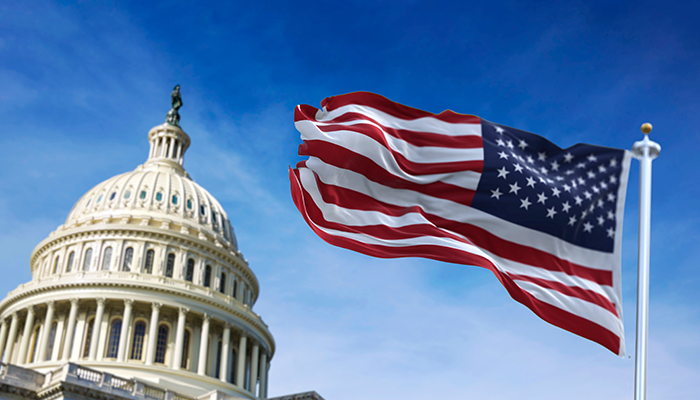Sports Betting Gets Date with US Senate Committee

The US sports betting industry is on the cusp of significant change, thanks to a Senate Judiciary Committee hearing that was held on Tuesday, December 17. The hearing, titled “America’s High Stakes on Legalized Sports Gambling,” delved into critical issues such as industry regulation, consumer protection, and the potential for anti-competitive behavior.
FanDuel and DraftKings Under Antitrust Scrutiny
The US sports betting industry faced increased scrutiny from lawmakers during the recent Senate Judiciary Committee. A central focus of the hearing was the dominant market positions of FanDuel and DraftKings, two of the industry’s largest operators.
Senators Mike Lee and Peter Welch raised concerns about potential competitive practices by these companies. In a letter to the Federal Trade Commission (FTC) and the Department of Justice (DOJ), the senators alleged that FanDuel and DraftKings have collaborated to limit competition from emerging brands.
Specifically, the senators claim that the two companies have worked together to prevent new entrants from securing deals with existing partners, making it difficult for them to gain significant market share. This alleged behavior could violate antitrust laws, such as the Sherman Act.
If the allegations are substantiated, FanDuel and DraftKings could face significant consequences, including potential fines and other penalties. The hearing on December 17 provided an opportunity for lawmakers to delve deeper into these concerns and consider potential regulatory actions.
The SAFE Bet Act: A Controversial Proposal
Another key issue discussed at the hearing was the Supporting Affordability and Fairness with Every Bet Act (SAFE Bet Act), a comprehensive piece of legislation introduced by Senator Richard Blumenthal.
The SAFE Bet Act aims to regulate sports betting at the federal level, imposing a nationwide ban followed by a state-by-state application process. The bill also includes provisions for advertising standards, consumer protections, and deposit limits.
However, the SAFE Bet Act has faced significant opposition from various stakeholders, including lawmakers and the gambling industry. Critics argue that the federal government should not overregulate the industry and that states should have the autonomy to determine their regulations.
The Experts’ Opinion and What the Future Holds
Some industry experts believe that a federal approach could stifle innovation and hinder growth. Others argue that consistent regulations across all states are necessary to protect consumers and prevent problem gambling.
The Senate Judiciary Committee hearing provided a platform for lawmakers, industry representatives, and experts to discuss the potential benefits and drawbacks of the SAFE Bet Act. The bill will likely face significant challenges in Congress, and its ultimate fate remains uncertain.
As the sports betting industry continues to evolve, it is clear that regulatory oversight will play a crucial role in shaping its future. The Senate Judiciary Committee hearing was a significant moment for the industry, and the discussions could have far-reaching implications for years to come.
 by
by